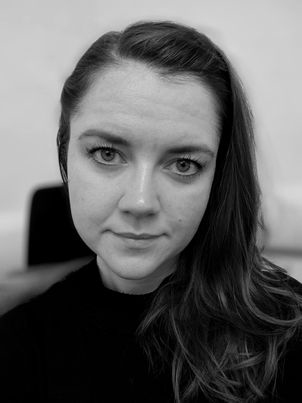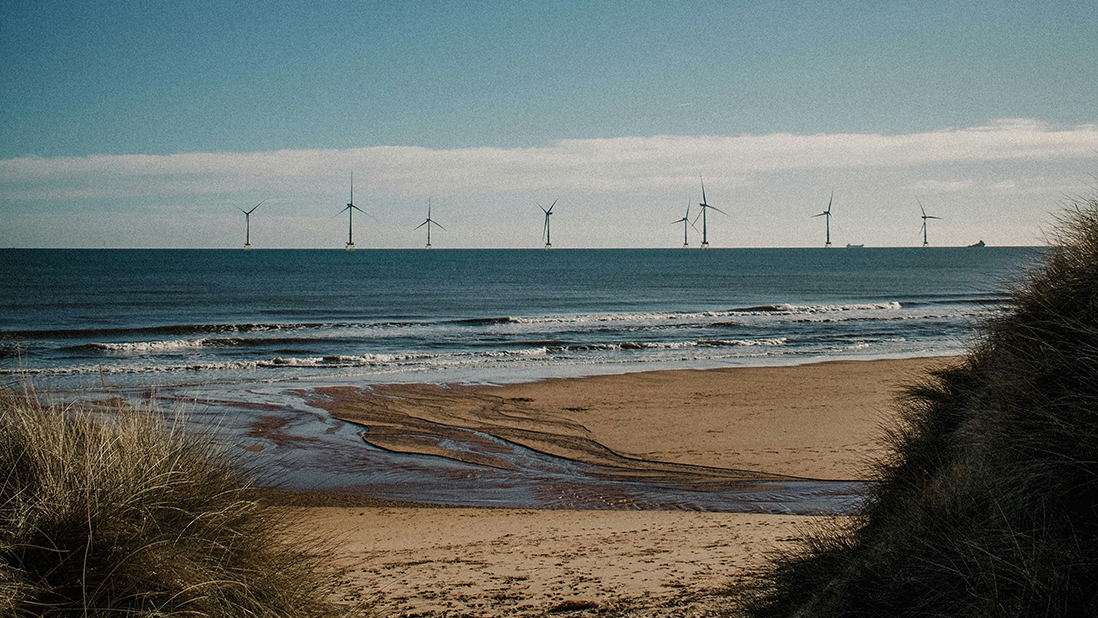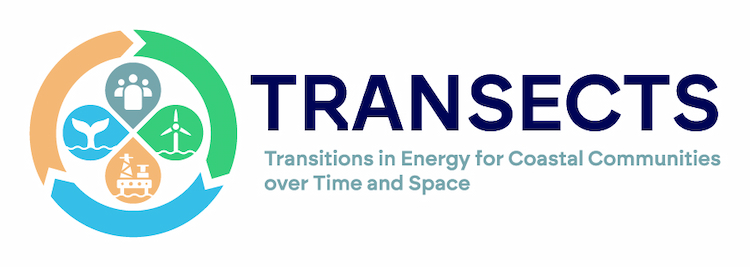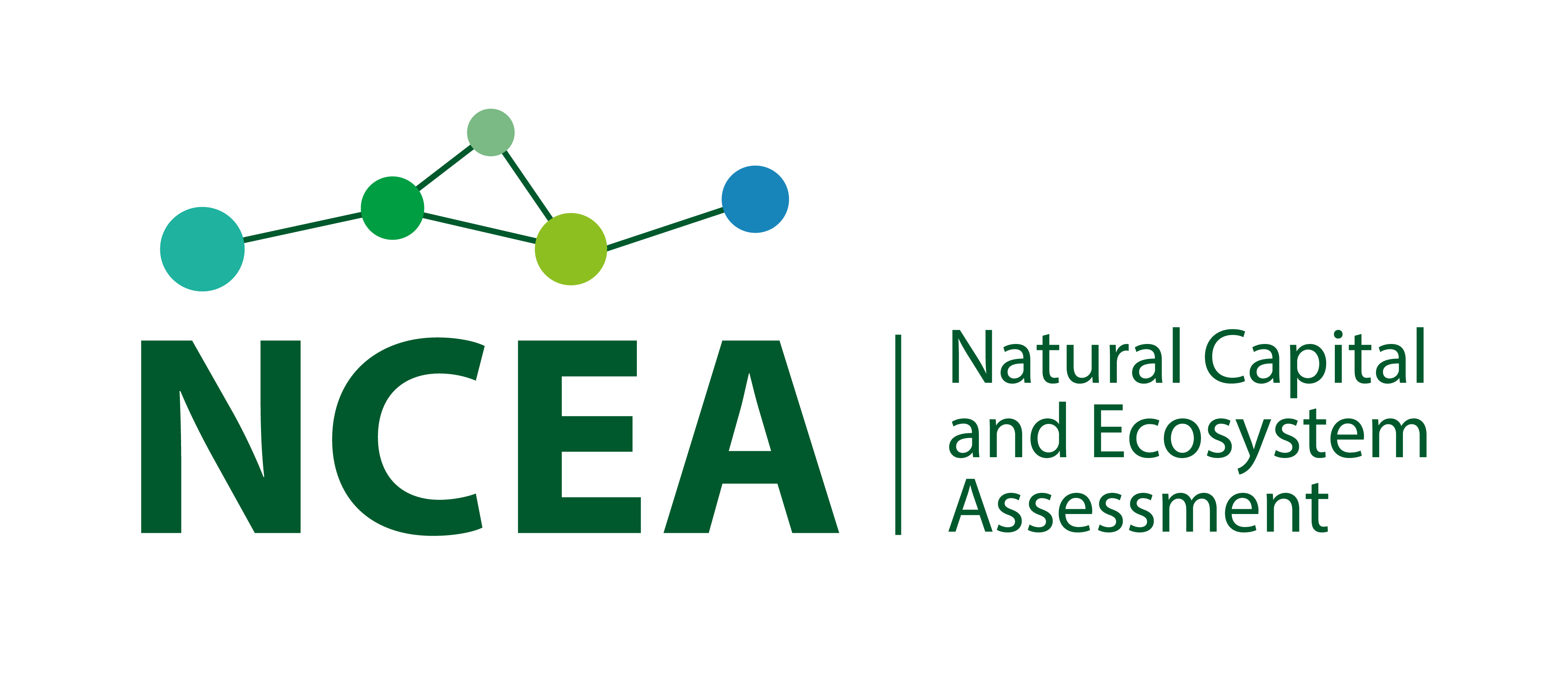Dr Sofie Illemann Jæger is a postdoctoral associate with the project “TRANSitions In Energy For Coastal Communities Over Time And Space” (TRANSECTS), one of the four projects funded by the ReCCS programme. She is based at the School of Energy, Geosciences, Infrastructure and Society at Heriot-Watt University.

Tell us about yourself and your project
I recently joined the TRANSECTS project at Heriot-Watt University, where I lead the social sciences strand of Work Package 2. This part of the wider project uses a natural capital framework to examine both historical and contemporary case studies of marine energy transitions, focusing on their impacts on coastal communities and marine ecosystems.
My research centres on understanding coastal communities’ relationship with the infrastructures that support marine energy transitions—and how changes in these infrastructures and the marine environment affect people’s sense of well-being.
What will you be doing as part of the TRANSECTS project?
I will be working with communities in our three field sites (Orkney, the East Coast of Scotland, and the Humber area) to explore how they see and experience different types of energy-related infrastructure. These could include “hard” infrastructures like pipelines, “soft” infrastructures like labour markets, or “green-blue” infrastructures, such as green corridors or wetlands.
Using a participatory approach, I will be collaborating with citizens to map these infrastructures and examine how their presence and evolution relate to community experiences of well-being in their local environment.
My work is motivated by the need for both research and policy to better understand the social and cultural impacts of marine energy transitions. While valuable work is already being done on the economic dimensions of marine energy transitions, we also need to develop tools for assessing how such changes affect, for examples, communities’ sense of identity, social cohesion, and their cultural and spiritual relationships with the local coastal and marine environment.
TRANSECTS examines these transitions spatially across the three field sites, and temporally across three major energy eras: whale oil (1740–1800s), oil and gas (1964–present day), and wind energy (1991–present day).
The participatory and historical aspects of the project offer a novel approach to natural capital scholarship. My aim is to demonstrate the importance of including socio-cultural dimensions in assessing natural capital and resilience in the context of marine energy transitions.
What did you do before joining the TRANSECTS project?
Before joining TRANSECTS, I completed my PhD in Science, Technology, and Innovation Studies at the University of Edinburgh. My research explored climate engagement and policymaking in Scotland and Denmark, focusing on how communities experience agency, autonomy, and conflict in projects that aim to involve citizens in climate governance.
My academic journey has always been interdisciplinary—and often transdisciplinary. Before my PhD, my background spanned the history of science, medicine, and technology (especially the history of alchemy), arts and cultural management (scientific heritage), and English literature, with a focus on scientific and early modern literature.
Alongside and between academic roles, I’ve worked professionally in public engagement with science—both contemporary and historical—for UK institutions such as the Royal Society, London and the Edinburgh Climate Change Institute.
What excites you about the TRANSECTS project?
What excites me most about TRANSECTS is that it brings together so many of my research interests—some might say I have too many! These include the history of science, democratic innovation, climate sociology, cultural heritage, community participation, and arts-based research methods. The TRANSECTS project offers a unique opportunity to draw on my existing skills and experiences while contributing to a rapidly evolving field: natural capital research and policy.
The historian in me is thrilled to return to the archives to analyse sources about whaling (though I’ll admit: archival work demands both a lot of patience and snacks, as it is often “hunting for a needle in a haystack”-work). Meanwhile, my sociologist-self is eager to engage directly with communities to explore how they experience marine energy transitions. My work has long focused on inclusive governance and climate justice, and I’m highly motivated to help ensure that local perspectives and values are reflected in energy and environmental policymaking.
Finally, working with such a diverse and interdisciplinary team has already been hugely inspiring. Collaborating with marine ecologists, historians, legal scholars, artists, and archaeologists has revealed exciting overlaps between our fields—and introduced me to entirely new areas of research that are sparking my curiosity.















